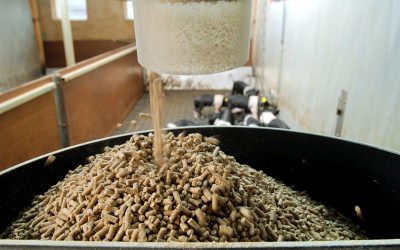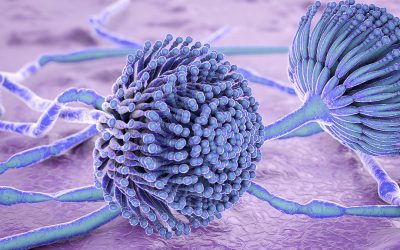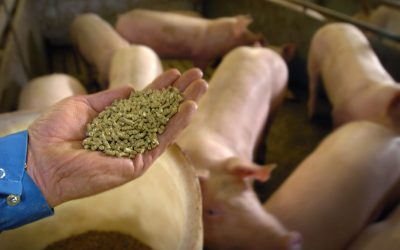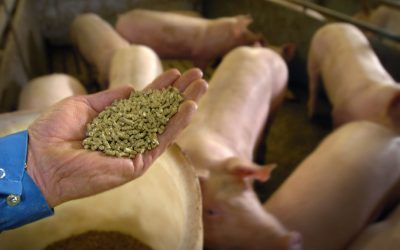Britains food agency wants ministers to reject EU proposal on PAP
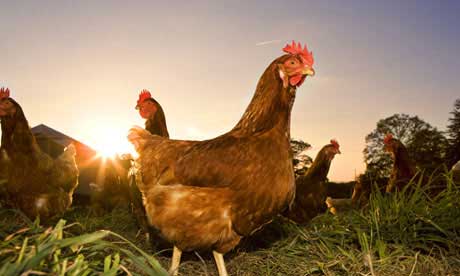
Britain’s Food Standards Agency has advised government ministers to not support a European proposal to relax the rules on the use of abattoir waste in animal feed.
However the NFU has objectes to the FSA’s advice saying the agency is giving uninformed public opinion more weight that science.
The rules on the use of animal remains in animal feed came following the discovery that mad cow disease in the 1990s probably originated from scrapie-infected sheep and had transmitted to humans as Creutzfeldt Jakob Disease.
Since then, waste meat and bone has been used to make fertiliser and fuel. But it would have more value as so-called Processed Animal Protein (PAP), in livestock feed. PAP would cut both the economic and the environmental cost of European farming, by displacing imports of vegetable protein.
And Members of the European Parliament have been impressed by scientific argument that says not all the precautions are necessary.
A vote in August paved the way for a review which might allow some PAP use – in effect, chicken scraps for pigs; pig scraps for chickens; and either for fish.
The review would also cover the rules on which animals must have their spinal tissue removed at slaughter before being allowed into the human food chain.
The food industry is cautious about consumer reaction but wants as many options as possible.
A recent FSA statement said: “Although the board accepted that the proposed changes would give rise to a negligible risk, they were concerned that this relied on effective enforcement of controls. It could identify no real benefit from the change that would justify putting consumers at any additional risk, however tiny.” FSA board chairman Jeff Rooker wrote to James Paice, the current farming minister, to say: “The board considered that effective enforcement of the controls needed, over the whole chain, could not be guaranteed.”
Mr Rooker said his board had also been concerned about consumers who ate no meat and would not want to eat fish fed on meat and those who wish to avoid any indirect contamination by pork in particular.
NFU
NFU President Peter Kendall wrote his own letter to Jim Paice this week, saying the FSA board appeared to have ignored the argument in favour of “PAP as a sustainable source of high quality protein for animal feed which could reduce reliance on imported soya”.
Mr Kendall said: “I was extremely concerned that the board seemed to ignore the scientific evidence and advice of the European Food Safety Authority (EFSA) and appeared to be influenced by consumer opinion.”
Mr Kendall said that he was concerned for the poultry industry in particular.




